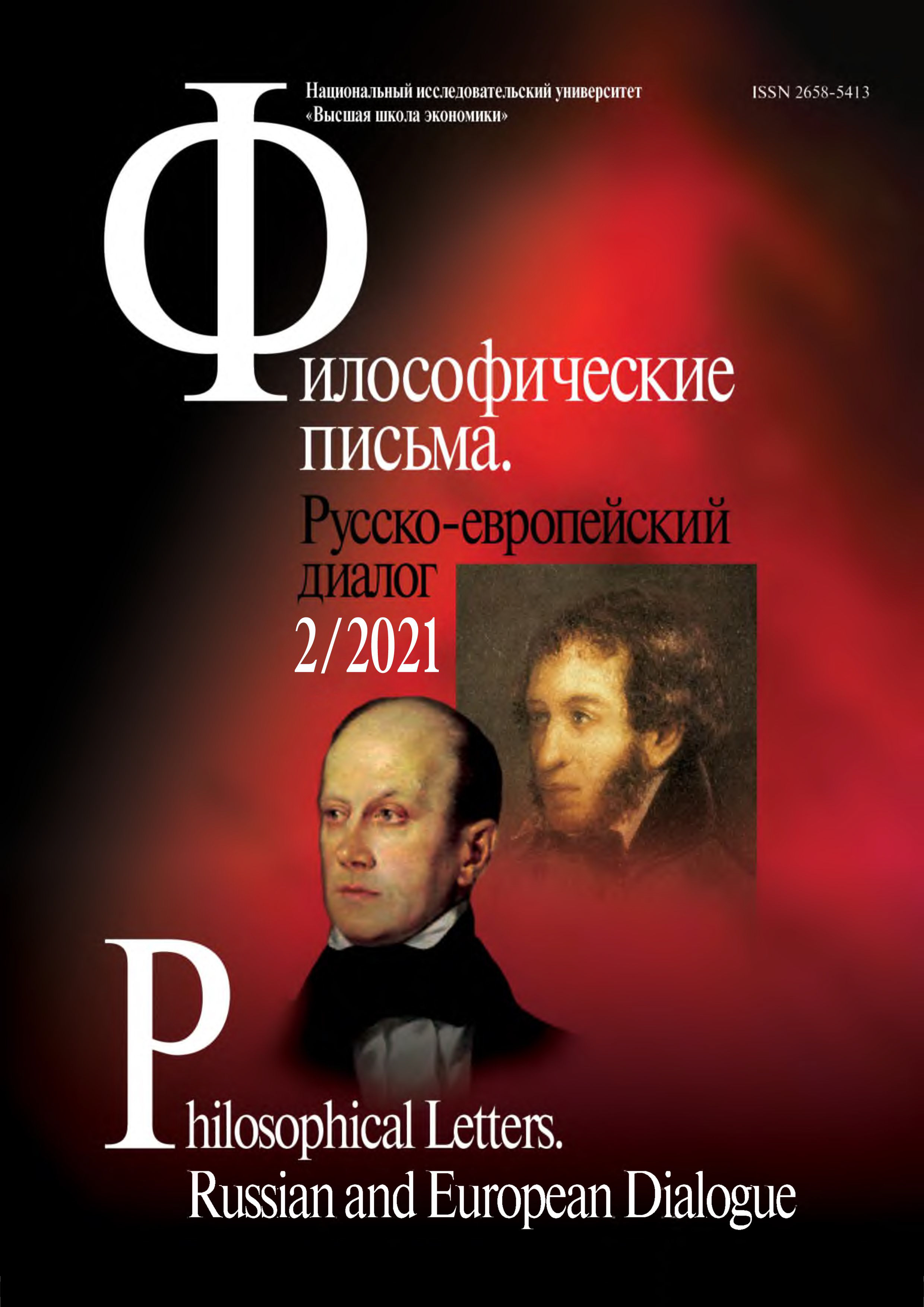European Screen Adaptations of F. M. Dostoevsky Novels
Abstract
The article provides an overview of adaptations of Dostoevsky’s works in various European countries and in general in the world of cinematography in chronological order. The discussion starts with films from the silent period (till the beginning of the 1930s), when large novels were reduced to short versions, valorized by the participation of great actors and actresses from the period. Films from the Russian “Gold Series” sometimes tried to adapt accurately to the screen key episodes of great novels. As an example, we can mention an adaptation of “The Devils” under the title “Nikolay Stavrogin” by Yakov Protazanov with Ivan Mozzhukhin in the title role. Then, the most often adapted works were the novels “Crime and Punishment” (most of the times reduced to a conventional mystery), “The Idiot” and “The Gambler”. The Talkies brought forward the interpretation qualities of the main characters. Between the women the most notorious was Nastasia Philipovna, played by the greatest actresses on stage and on screen. During the 1930s many adaptations were filmed in different language versions (mostly French, German and English) with actors representing different national traditions. The ban on Dostoevsky in Soviet Russia till the mid-1950s gave the field to France, Germany, Italy and Great Britain and their co-productions. The adaptations made on other continents are sometimes mentioned in the article, but not overviewed in details. Special attention is given to the versions of great filmmakers Luchino Visconti, Robert Bresson, Andrzej Wajda, Bernardo Bertolucci. In USSR during the “thaw” period (mid-1950s — end of 1960s) Dostoevsky was back on the screens. His leading interpreter was Ivan Pyriev whose — latest masterpiece — “The Brothers Karamazov” — was finished after his death in 1968 by his collaborators. The final part of the article considers affinity between Dostoevsky writing method and modern serial production.

